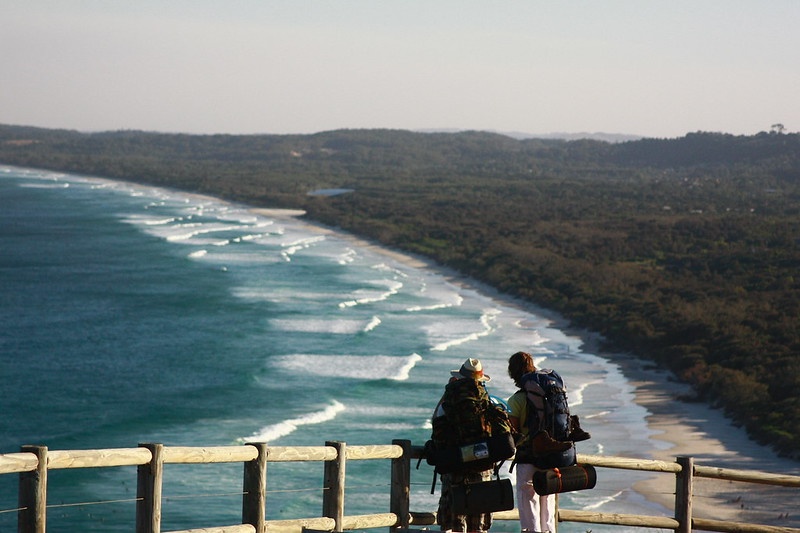
Image credit: taki lau
Unprecedentedly on Oct 30 (local time), judge John Logan ruled in favor of Catherine Addy’s appeal to be exempted from Australia’s “backpacker tax”. His reason being that it was “discrimination which is prohibited by … the double taxation agreement.”
What is the “Backpacker Tax”?
Since 2017, travelers on working holiday visas in Australia have been taxed 15% for every dollar earned.
However, this should not apply to travelers who come from the United Kingdom, Finland, Japan, Germany, Chile, Turkey, U.S., and Norway — according to the judge. Due to double taxation treaties, in which they are already income-taxed by their home countries, they are exempted from taxes in Australia.
Another loophole for getting exempted is when a traveler becomes a resident of Australia.
Also read: Singaporeans Under 30 Can Now Join Australia’s Work & Holiday Visa Programme
Before the administration of the “backpacker tax”, all workers have to contribute tax upon earning more than AUD$18, 200(S$17, 080) per year. This rule continues to apply to residents.
What constitutes as a ‘resident’?
As with the case of Catherine Addy, this is where things get complicated. If a foreigner continues to spend most of his time traveling and has belongings in his home country, he is a traveler.
But, if you are a foreigner who has decided to make Australia your home, you become a resident. This can be proven by selling off properties back home, joining social groups that require sustained commitments and working in a full-time capacity. This is of course further supported if you have applied to be a permanent resident.
As Catherine Addy has vouched to be a ‘resident’, she should be only taxed when she hits the income bracket as mentioned above.
As this new ruling has caused quite a stir, with a possibility of 75,000 backpackers coming forward to claim their taxes, the Australian Tax Office is now considering an appeal.

Image credit: Steve Collis
Also read: 24 Backpacking Essentials & Items for Your Next Big Adventure




